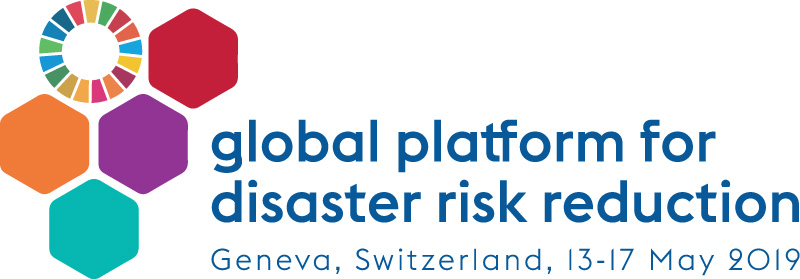Multi-Hazard Early Warning Systems: Progress and Challenges to Achieve Target (g)
- Organizer(s)
- UNDRR
- Contact
- Sandra (amlang@un.org); Iria (iria.touzoncalle@un.org)
The Sendai Framework urges a paradigm shift towards an impact-based, risk-informed multi-hazard integration approach for multi-hazard early warning systems (MHEWS), disaster risk reduction strategies and government policies. As Early Warning Systems (EWS) for specific hazards and consequences have many common elements, the use of a common MHEWS framework enables sharing of lessons learnt, creates economies of scale and reinforces system sustainability. This working session focused on identifying key steps and lessons learned for a holistic approach towards impact-based and risk-informed MHEWS to support effective DRR decision making for saving people’s lives, and building secure and resilient societies.
More concretely, experiences were shared on (1) enhancing and sustaining MHEWS at different levels and, (2) how EWS can be made an integral component when developing and implementing national and local DRR strategies.
Moderator:
Peter Felten, Head of Division for Humanitarian Assistance, Policy, International Organisations, Multilateral Coordination, Federal Foreign Office, Germany
Keynote speaker:
Petteri Taalas, Secretary-General, World Meteorological Organization
Speakers:
Osvaldo Luiz Leal de Moraes, Director of the National Early Warning and Monitoring Centre of Natural Disaster CEMADEN, Brazil
Guleid Artan, Director of the Climate Prediction and Application Centre Kenya (IGAD)
Esline Garaebiti, Manager, Meteorology and Geo-Hazards Department, Ministry of Climate Change, Regional Coordinator - Oceania Regional Seismic Network Vanuatu
Saima Hossain, Chairperson, Shuchona Foundation International Focal Point, Advisory Group on Disability inclusive Disaster Risk Management (DiDRM), Bangladesh
